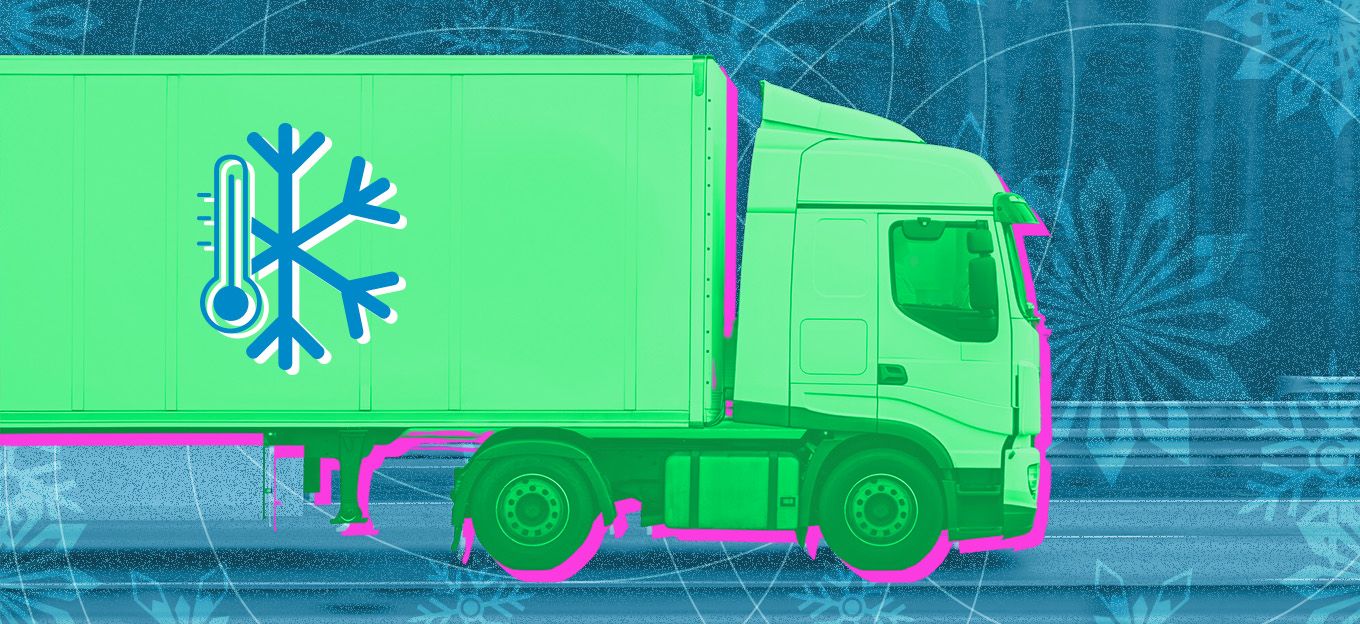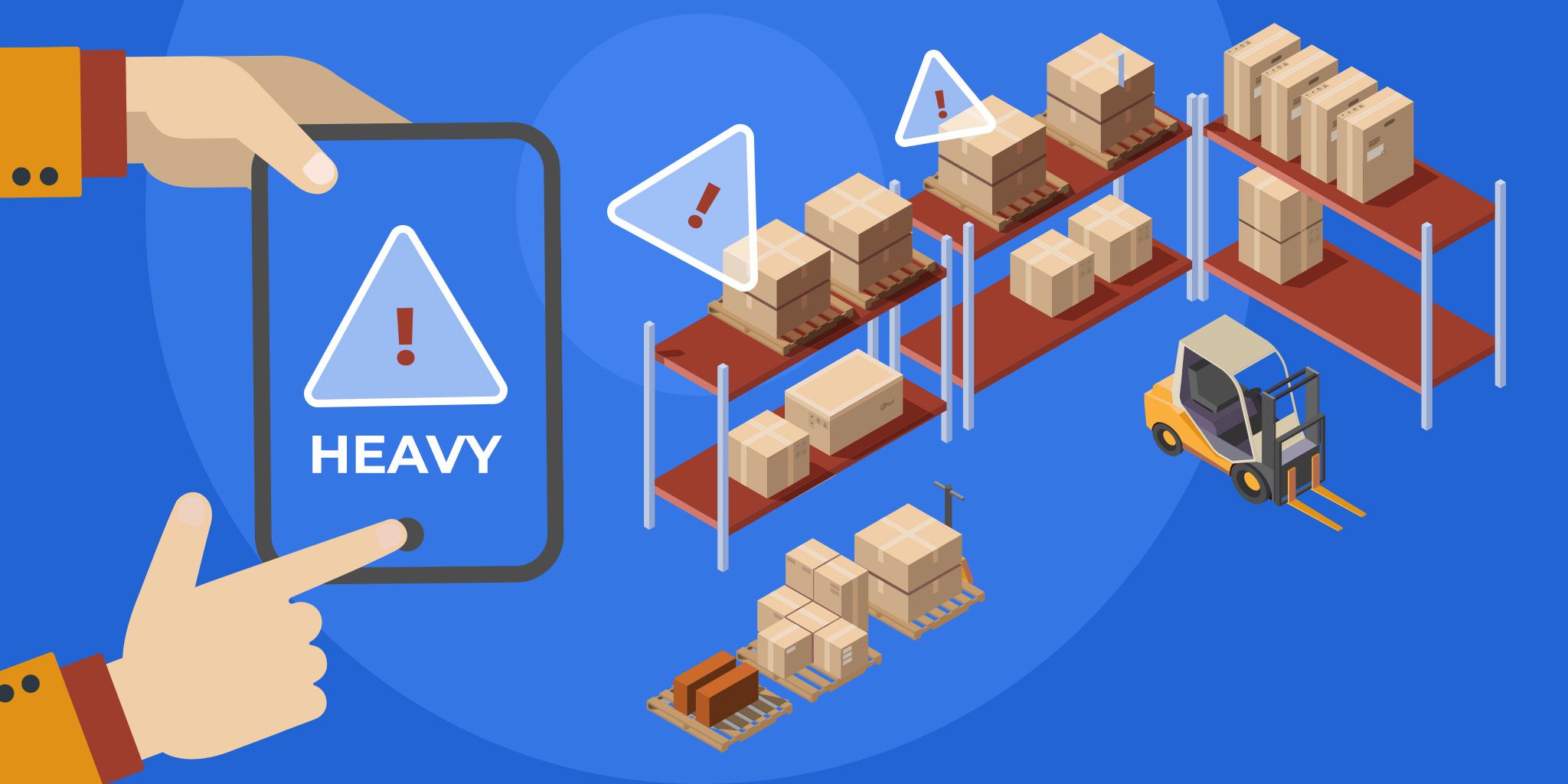IoT and Real-Time Cold Chain Monitoring in Pharma Logistics
IoT and Real-Time Cold Chain Monitoring in Pharma Logistics
- Last Updated: August 18, 2025
Emilda Natasha
- Last Updated: August 18, 2025



In pharmaceutical logistics, precision is essential. From vaccines and insulin to gene therapies, many critical medical products require strict cold chain conditions to maintain their efficacy and safety.
A single temperature excursion, whether during transport, storage, or final delivery, can render a shipment defective. This results in product loss, patient safety risks, and potential regulatory violations.
Traditional cold chains often rely on delayed or manual data capture. But today, real-time monitoring powered by the Internet of Things (IoT) is transforming how pharma supply chains are managed from warehouse to ward.
The Complexity of Pharmaceutical Supply Chains
Pharmaceutical products typically move through a multi-stage distribution network involving manufacturing plants, cold storage warehouses, customs, refrigerated transport, and last-mile delivery. Each handoff introduces potential risks.
Many companies still rely on temperature data loggers, which are reviewed only after transit is complete. This creates a reactive system; issues are discovered too late to prevent product loss or non-compliance.
Proactive Monitoring with IoT Technology
IoT-enabled temperature monitoring systems provide a proactive alternative. By placing connected sensors in packaging, pallets, or vehicles, logistics teams can continuously track environmental conditions like temperature, humidity, and location.
These sensors use low-power networks such as cellular, LoRaWAN, or LTE-M to transmit data to cloud platforms in real time. If temperatures deviate from safe thresholds, automated alerts enable rapid response, preventing spoilage before it happens.
For a deeper look into how these systems function in the cold chain, you can refer to this temperature monitoring system overview, as well as solutions by providers like Sensitech and Berlinger.
Supporting Regulatory Compliance
Pharma supply chains must comply with stringent global regulations, including:
- FDA 21 CFR Part 11
- Good Distribution Practice (GDP)
- WHO storage and transportation guidelines
These frameworks demand reliable records showing that storage and transport conditions were properly maintained.
IoT platforms simplify compliance by:
- Automatically logging temperature data
- Generating audit-ready reports
- Providing digital traceability from end to end
This not only reduces the compliance burden but also improves accuracy and transparency.
Securing the Last Mile
The final delivery phase to hospitals, clinics, or pharmacies is often the most vulnerable. Without real-time monitoring, temperature excursions during this stage may go undetected.
With IoT-based solutions, monitoring can extend until the moment of handoff, ensuring that temperature-sensitive medicines like vaccines and biologics are delivered in ideal conditions.
Data-Driven Optimization
Beyond immediate monitoring, long-term data analysis offers operational insights. By reviewing historical trends across routes, seasons, and carriers, companies can identify recurring issues such as hotspots in the supply chain or unreliable vendors and take corrective action.
This transforms sensor data into actionable intelligence that improves efficiency, reliability, and planning.
A Smarter, Safer Cold Chain
Real-time IoT monitoring is not just a technical upgrade; it is a strategic investment. As modern medicine becomes increasingly personalized and temperature-sensitive, cold chain visibility will be more than a compliance requirement; it will be a competitive advantage.
By embracing data-driven, proactive monitoring systems, pharma logistics providers can protect both their products and the patients who rely on them.
The Most Comprehensive IoT Newsletter for Enterprises
Showcasing the highest-quality content, resources, news, and insights from the world of the Internet of Things. Subscribe to remain informed and up-to-date.
New Podcast Episode

IoT in 2026: Trends and Predictions
Related Articles


